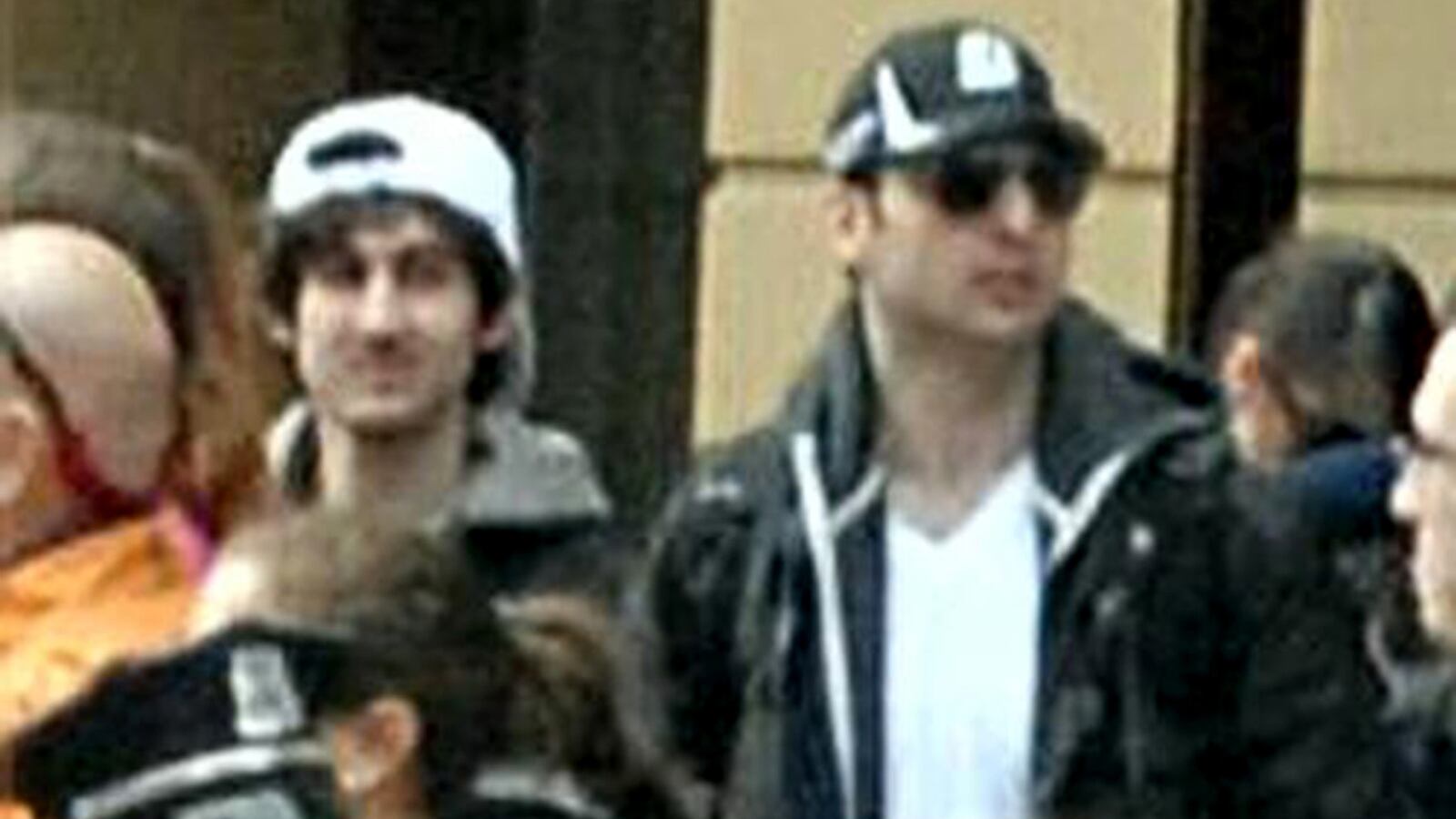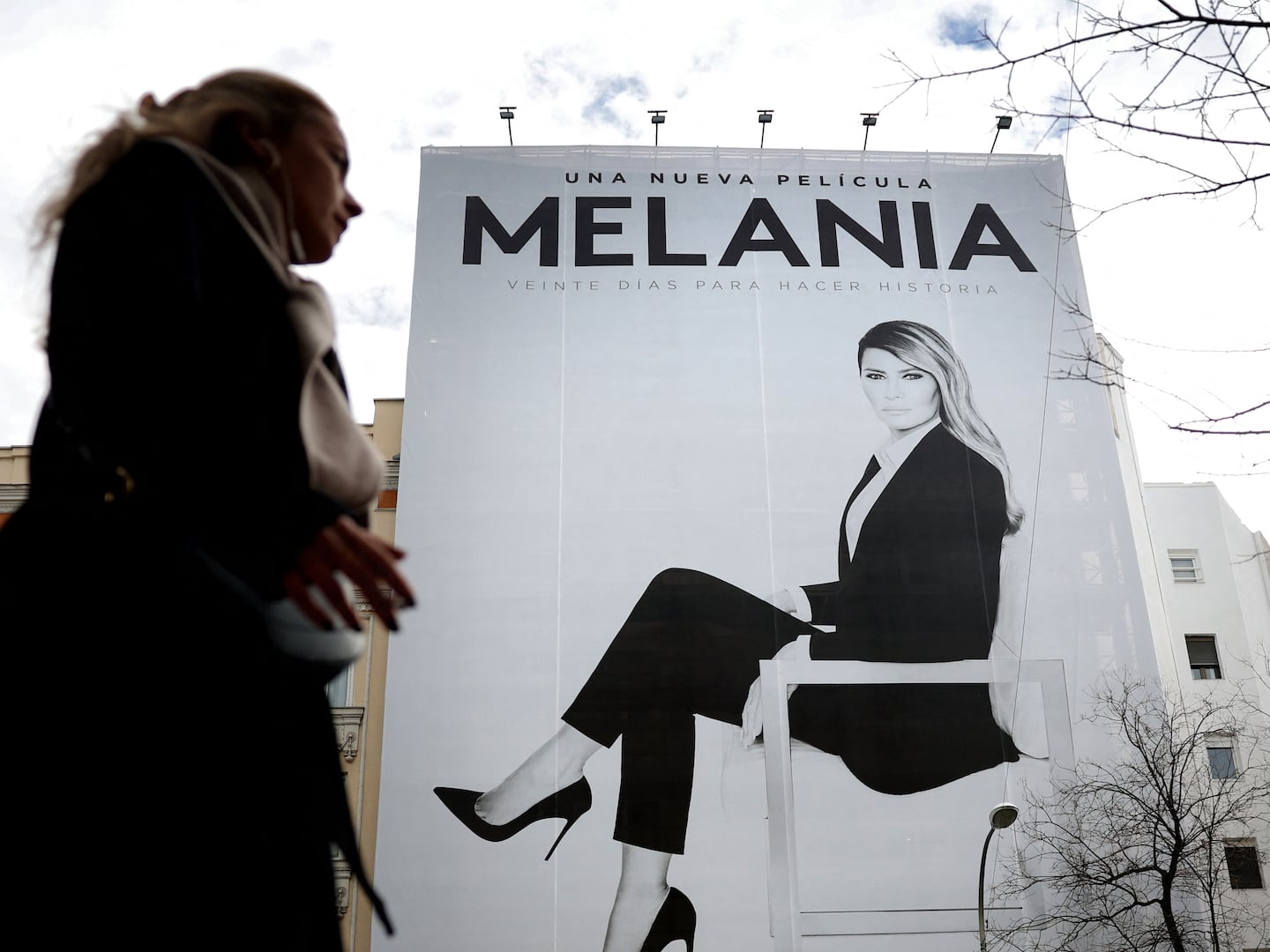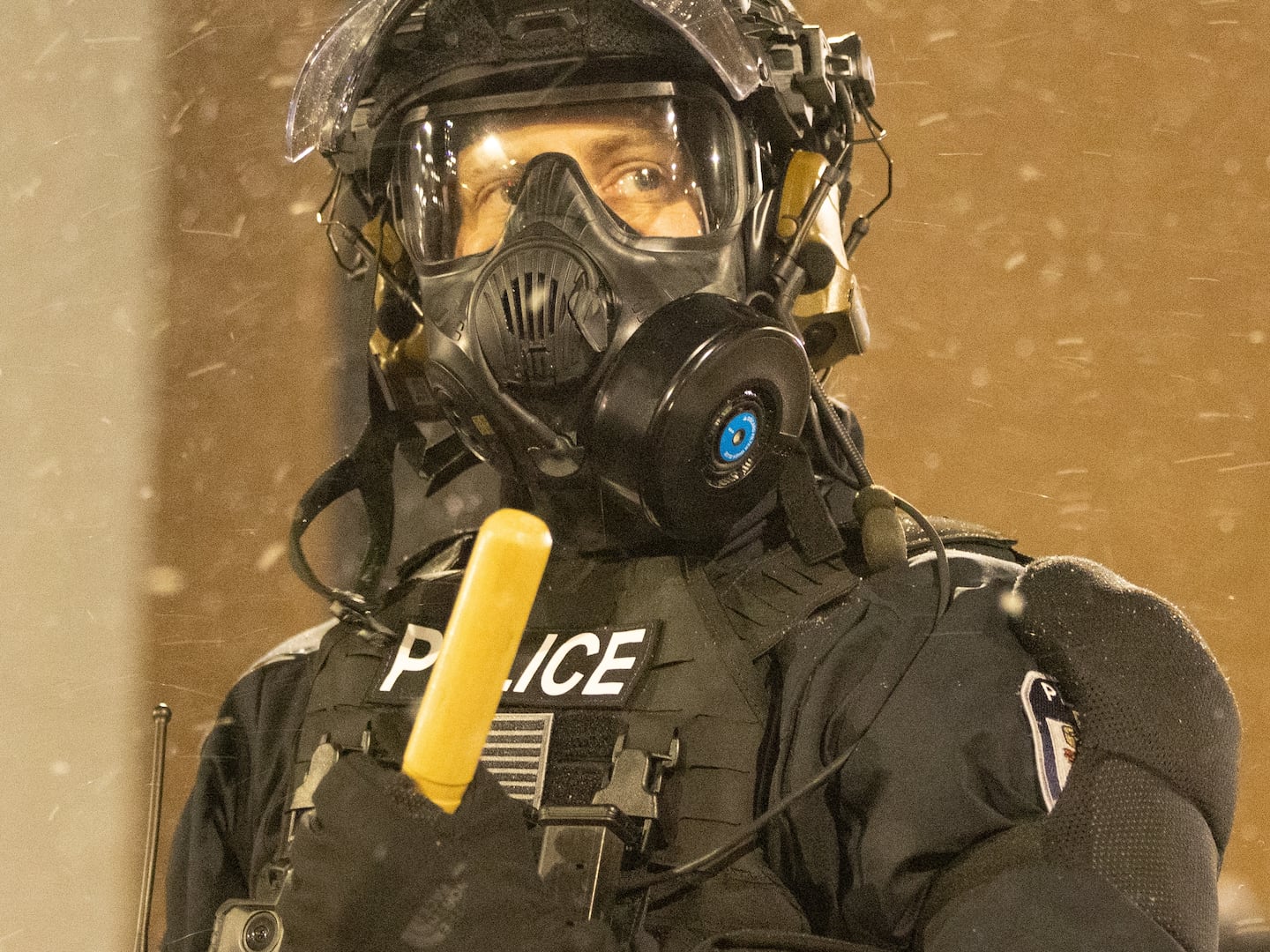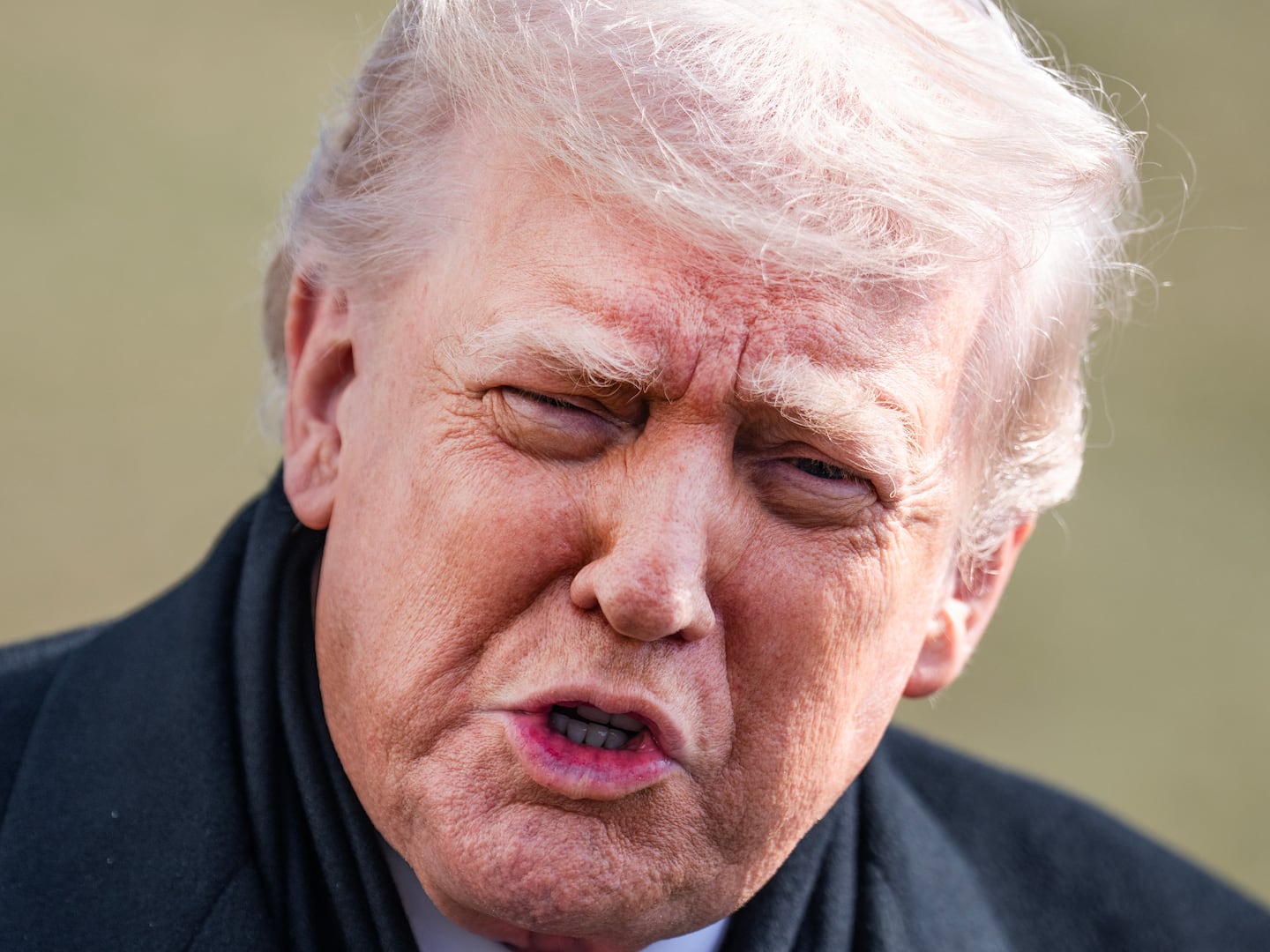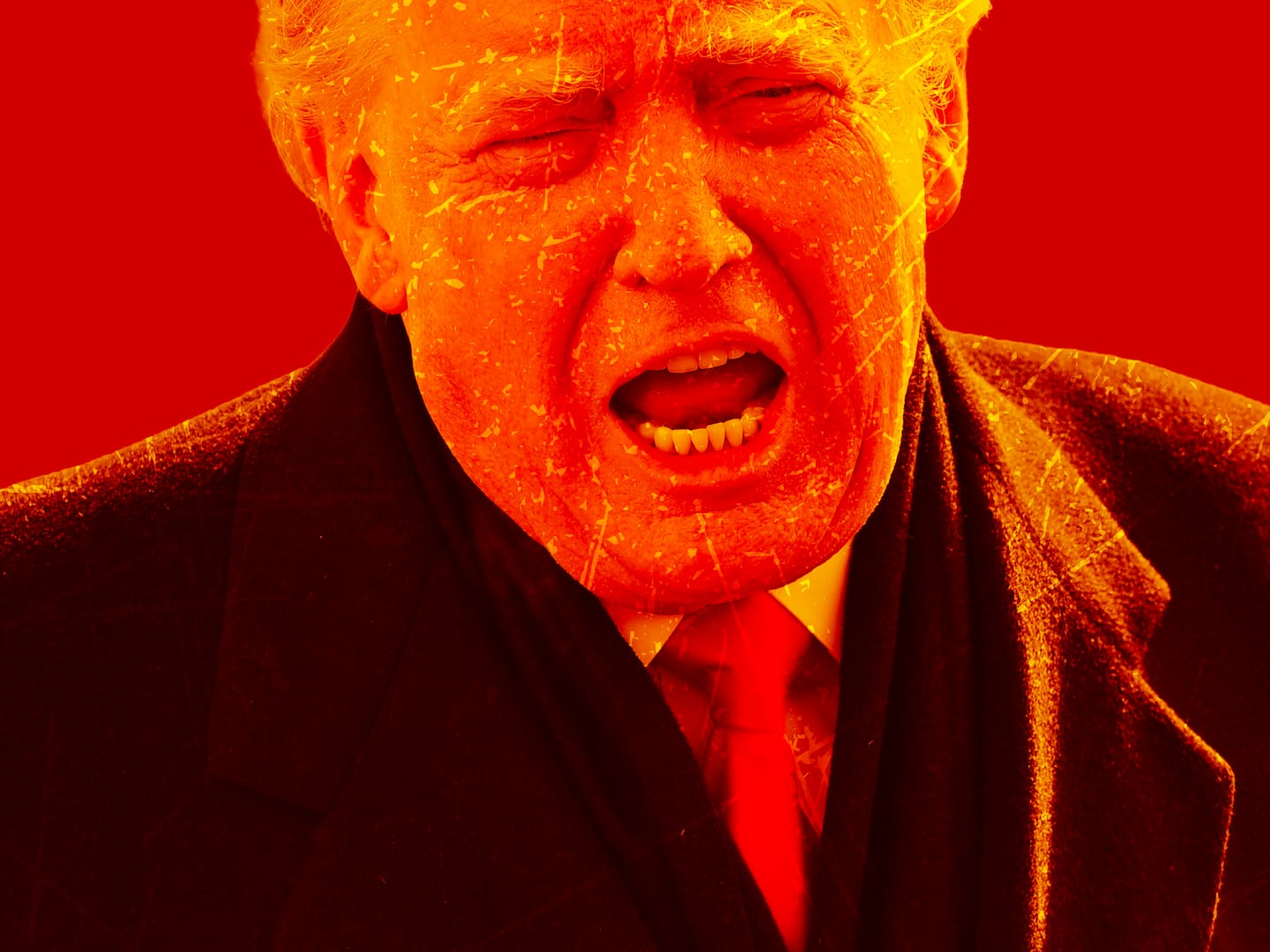The killing of one suspect in the Boston Marathon bombings and the ongoing hunt for another have focused attention on the motivations and background of the suspects themselves. The revelation that the brothers Dzhokhar and Tamerlan Tsarnaev are of ethnic Chechen origin has led commentators to look to culture and history for clues about the sources of this week’s attack.

This angle is misguided, at least at this stage of the investigation and still-ongoing manhunt. In fact, any “Chechnya angle” to the story is overshadowed by the American one. The Tsarnaevs look much more like other homegrown terrorists—animal-rights extremists, white supremacists, anarchists, and lone-wolf ideologues—than like religious warriors fighting on a faraway and exotic frontier.
First, there is as yet no evidence that the Tsarnaev brothers were part of a network of insurgents connected with Chechnya or other areas of Russia’s North Caucasus region. That area—a land of rugged valleys and plains lying north of the Caucasus mountain range between the Black and Caspian seas—has long been a source of instability and concern for the Russian government.
Russia fought two wars in the 1990s and early 2000s to bring Chechen secessionism under control, and terrorists from the region have been responsible for some of most heinous attacks in recent Russian history, from murdering hundreds of schoolchildren to bombing the Moscow subway. But connecting the Tsarnaevs with this past—at least at this stage—is like wondering about Timothy McVeigh’s Scotch-Irishness: a true but ultimately irrelevant part of the background of the Oklahoma City bomber.
Second, it is unclear whether the Tsarnaev brothers were even from Chechnya itself. Their family ties, at least in the lifetimes of the two brothers themselves, seem to have been stronger to another north Caucasus republic, Dagestan. Typically ethnic Chechens from Dagestan and from Chechnya are very different communities. They often look on one another with mutual suspicion and, apart from some family ties across the two republics, are quite separate cultures. Precisely because of the past wars in Chechnya—which officially came to an end in 2009—the Russian government has done everything possible to keep these communities apart, from massive surveillance to roadblocks for cars moving from one North Caucasus republic to another.
Third, the Tsarnaevs were reportedly naturalized American citizens. The real question at the moment is how they became radicalized, what motivated them to launch the attack in Boston, and whether they are part of any larger conspiracy in the United States or abroad.
In other words, the focus now should be on the Tsarnaevs as homegrown terrorists, not on the ethnic or regional origins of their family. Journalists’ initial conversations with family members in Dagestan amplify that point: a sense of shock that two nice boys who had gone to America for their education could have been involved in such a brutal act. Dzhokhar, for example, was reportedly a successful student and championship wrestler in Cambridge, Massachusetts—hardly the typical foreign jihadist.
People with family roots in the Caucasus are often perceived in Russia and elsewhere as inherently rebellious and conflict-prone, a line of thinking that has deep roots in Russian culture. That imagery still affects how street crime is reported in Moscow, how Russian security services target people they believe to be potential terrorists, and how Russia’s own often brutal “anti-terrorist operations” play out in the towns and villages of places such as Dagestan, Kabardino-Balkaria, North Ossetia, and other republics of the north Caucasus that are little known in the West.
The sad truth is that the scenes in Boston early this morning—with SWAT teams in full battle gear, a shootout on the street, and an alleged suspect perhaps wearing an explosive vest or other suicide device—are all too typical in the north Caucasus itself. The difference is that in Russia, these operations are sometimes little more than assassination missions, designed to target alleged terrorists on only the flimsiest of evidence.
That is obviously not the case in Boston. But speculating about the brothers’ ethnic origins plays into the worst stereotypes that have bedeviled attempts to bring peace, stability, and good governance to Russia’s southern borderlands.

